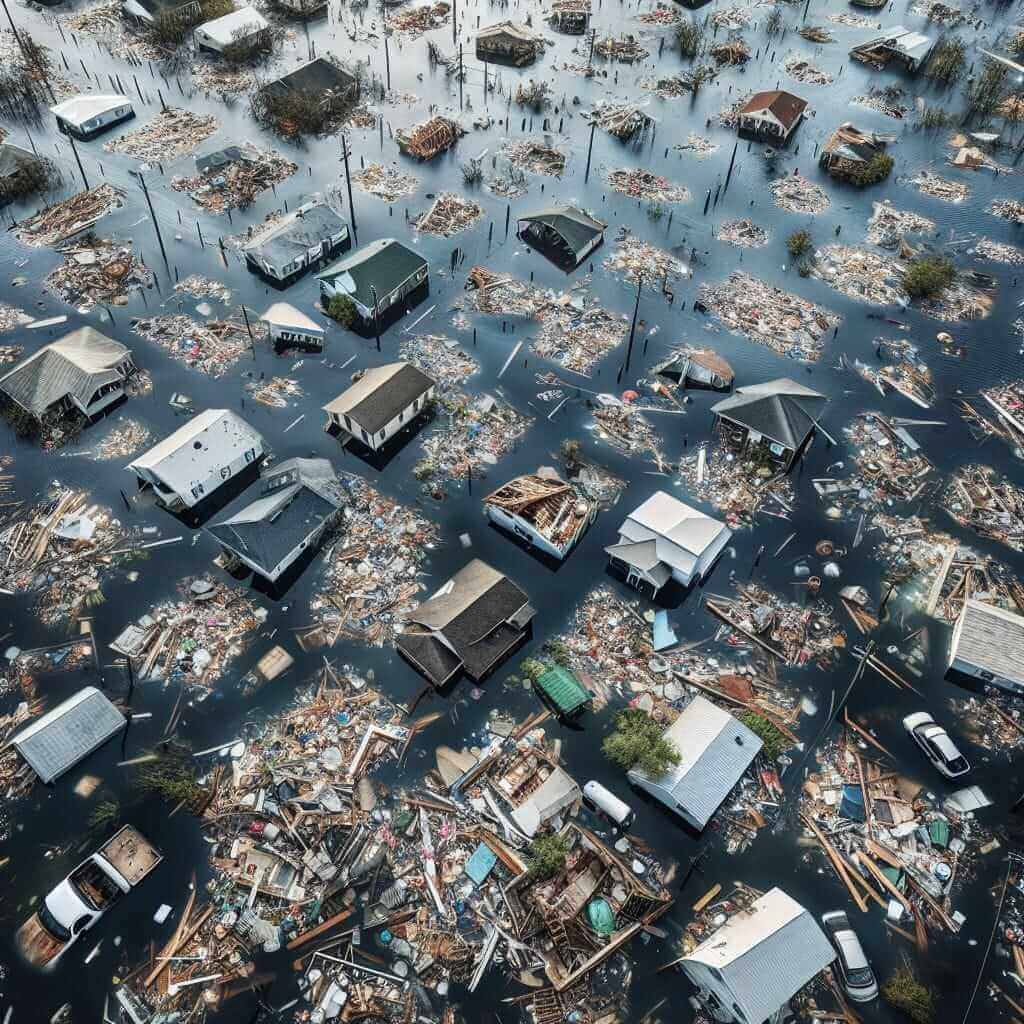Welcome to your IELTS Reading practice! One recurring and increasingly relevant topic in the IELTS exam is the impact of climate change on the global economy. It’s a subject of significant interest due to its widespread effects and the range of vocabulary it involves. Understanding such a topic not only prepares you for the Reading section but also enriches your knowledge on a critical global issue.
In recent exams, topics related to climate change have been popular due to the global awareness and discussions surrounding this issue. There’s a good chance that you may encounter a similar theme in your upcoming IELTS exam. Therefore, let’s dive into an authentic practice reading text to help you prepare.
Reading Passage
The Impact of Climate Change on the Global Economy
Climate change is one of the most significant challenges facing the world today. It affects not only the environment but also the global economy in profound ways.
First and foremost, climate change leads to an increase in the frequency and severity of weather-related disasters. Events like hurricanes, floods, and wildfires cause substantial economic damage by destroying infrastructure, displacing communities, and interrupting business activities. For instance, the economic losses from Hurricane Katrina in 2005 were estimated at over $125 billion.

Moreover, rising temperatures and changing precipitation patterns impact agricultural productivity. Crops that were once reliable may fail due to altered growing conditions, resulting in food shortages and inflated prices. This threatens food security, especially in developing countries that are heavily reliant on agriculture.
The energy sector is also affected as demand for cooling increases in hotter climates, leading to higher energy consumption and costs. Additionally, some regions face reduced hydropower potential due to changing rainfall patterns, impacting both energy supply and economic stability.
Another major concern is the effect on human health. Increased temperatures contribute to the spread of diseases like malaria and dengue fever, which incurs additional healthcare costs and affects workforce productivity. Heatwaves have already caused significant death tolls in places like Europe and South Asia, emphasizing the direct human cost of climate change.
Furthermore, climate change prompts migration as people move away from areas that become uninhabitable. This migration can strain resources and infrastructure in the receiving regions, causing further economic stress. A notable example is the migration from sub-Saharan Africa to Europe, partially driven by changing climate conditions.
On the financial front, businesses face increased insurance premiums owing to the higher risk of natural disasters. This translates to higher operating costs and reduced profitability.
Lastly, there is an undeniable impact on global trade. Climate conditions can disrupt supply chains, leading to delays and increased costs. For example, the disruption of the coffee supply chain due to changing climate conditions has led to fluctuations in coffee prices globally.
In conclusion, climate change poses multi-faceted threats to the global economy. Addressing these impacts requires substantial investments in adaptation and mitigation strategies to protect not just the environment, but also the economic fabric that sustains livelihoods worldwide.
Questions
Based on the text above, answer the following questions.
Multiple Choice
-
What is a primary consequence of climate change mentioned in the text?
a. Technological advancement
b. Increased natural disasters
c. Decreased global population
d. Higher agricultural productivity -
How does climate change affect agriculture according to the passage?
a. By improving the yield of crops
b. By changing growing conditions and causing crop failures
c. By making agriculture more profitable
d. By reducing the cost of farming -
What is one impact of climate change on the energy sector?
a. Reduced energy consumption
b. Increased demand for cooling
c. Reduced use of fossil fuels
d. Increased stability of energy prices
True/False/Not Given
- The text states that Hurricane Katrina caused economic losses estimated at over $125 billion.
- The passage claims that climate change will lead to increased global food security.
- The text suggests that migration due to climate change can cause economic stress in receiving regions.
Answers
- b. Increased natural disasters
- b. By changing growing conditions and causing crop failures
- b. Increased demand for cooling
- True
- False
- True
Common Errors
- Misunderstanding complex sentences: Ensure that you break down complex sentences into simpler parts for better comprehension.
- Recognizing paraphrased information: IELTS often tests your ability to identify paraphrased sections. Practice identifying synonymous phrases.
- Time management: Allocate time wisely to read and answer all questions.
Vocabulary for IELTS Reading
- Precipitation /prɪˌsɪpɪˈteɪʃən/: (noun) Any form of water, liquid or solid, that falls from the atmosphere and reaches the ground.
- Hydropower /ˈhaɪdroʊˌpaʊər/: (noun) Electricity generated using water.
- Mitigation /ˌmɪtɪˈɡeɪʃən/: (noun) The action of reducing the severity, seriousness, or painfulness of something.
- Inhabitability /ɪnˌhæbɪˈtæbɪlətɪ/: (noun) Suitability for living in.
Grammar Focus
- Present Continuous Tense: Used to describe ongoing actions (e.g., “Climate change is leading to…”).
- Passive Voice: Often used to highlight the impact without specifying the doer (e.g., “economic damage caused by…”).
Tips for a High Reading Score
- Skim and Scan: Quickly skim the passage to understand the general idea, then scan for specific information when answering questions.
- Enhance Vocabulary: Regularly read articles on diverse topics and note new words.
- Practice Regularly: Use authentic IELTS practice materials to familiarize yourself with the test format.
By focusing on these strategies, you will be better prepared to tackle the Reading section of the IELTS exam confidently. Happy studying!